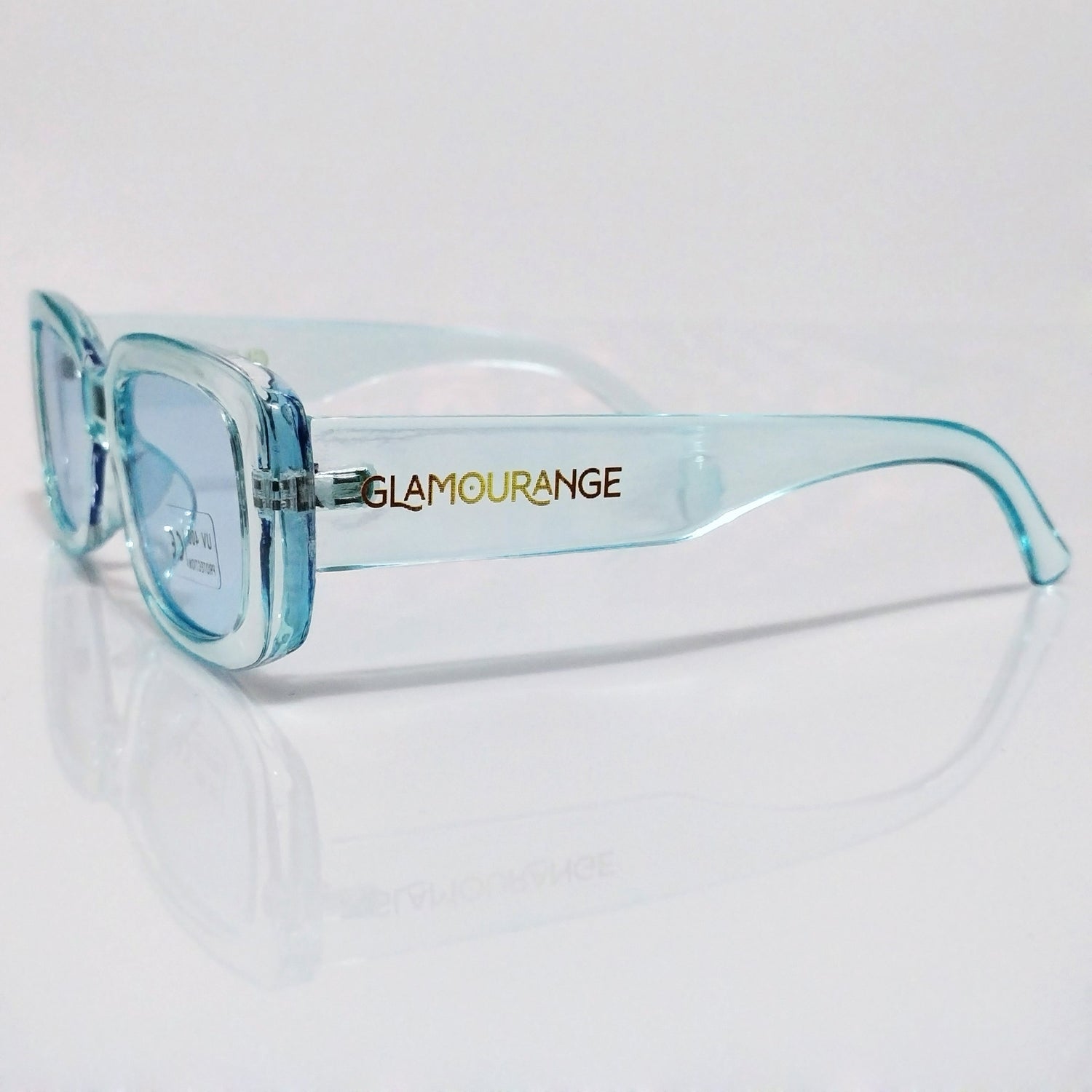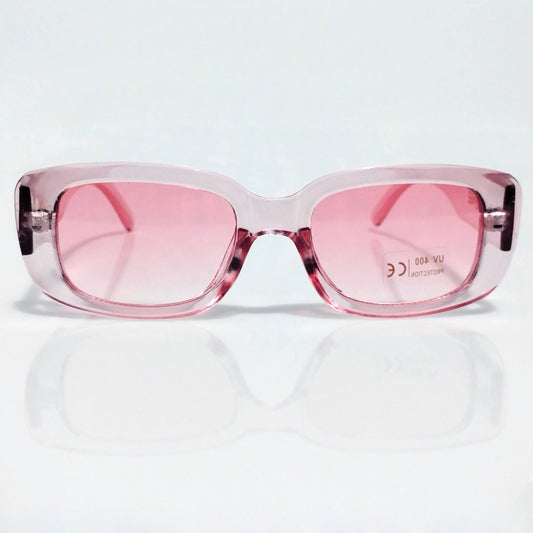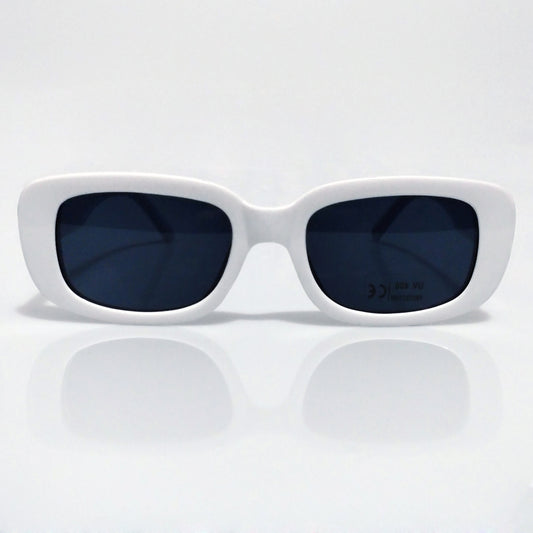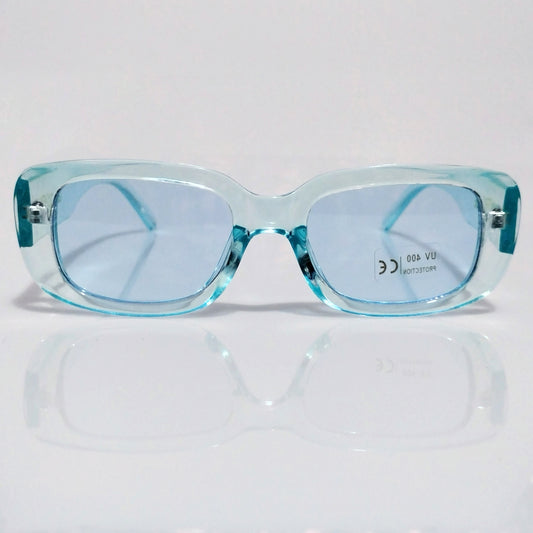
Types of Sunglasses Lenses UV Protection
SHARE
When it comes to protecting your eyes from the harmful effects of the sun, sunglasses are a must-have accessory. But not all sunglasses are created equal. One important factor to consider when choosing sunglasses is the type of lenses they have.
In this article, we will explore the different types of sunglasses lenses and the UV protection capabilities.
What are the different types of sunglasses lenses?
There are several types of lenses commonly used in sunglasses:
- 1. Polarized lenses: These lenses are designed to reduce glare from surfaces such as water, snow, and glass. They are especially useful for activities like driving, fishing, and skiing.
- 2. Mirrored lenses: Mirrored lenses have a reflective coating that helps to reduce the amount of light entering the eyes. They are popular among those who spend a lot of time in bright sunlight.
- 3. Photochromic lenses: These lenses darken when exposed to UV light and become clear again when indoors. They are a convenient option for people who frequently transition between indoor and outdoor environments.
- 4. Gradient lenses: Gradient lenses are darker at the top and gradually become lighter towards the bottom. They are often used in fashion sunglasses and can be useful for activities like driving.
Why is UV protection important?
Exposure to ultraviolet (UV) radiation from the sun can have harmful effects on the eyes. Prolonged exposure to UV rays can increase the risk of cataracts, macular degeneration, and other eye conditions. That's why it is crucial to choose sunglasses that offer adequate UV protection.
How to identify sunglasses with UV protection?
When shopping for sunglasses, look for the following features to ensure they provide proper UV protection:
- 1. 100% UV protection: The sunglasses should block 100% of both UVA and UVB rays. Look for labels or stickers indicating this level of protection.
- 2. UV 400: This label indicates that the lenses block wavelengths up to 400 nanometers, which includes both UVA and UVB rays.
- 3. Wraparound styles: Sunglasses with wraparound styles provide better coverage and protection from UV rays that can enter from the sides.
Conclusion
Choosing sunglasses with the right lenses is essential for protecting your eyes from the sun's harmful UV rays. Whether you opt for polarized, mirrored, photochromic, or gradient lenses, make sure they offer adequate UV protection.
Remember to look for sunglasses that block 100% of UVA and UVB rays or are labeled as UV 400. By prioritizing UV protection, you can enjoy the outdoors while keeping your eyes safe and healthy.












